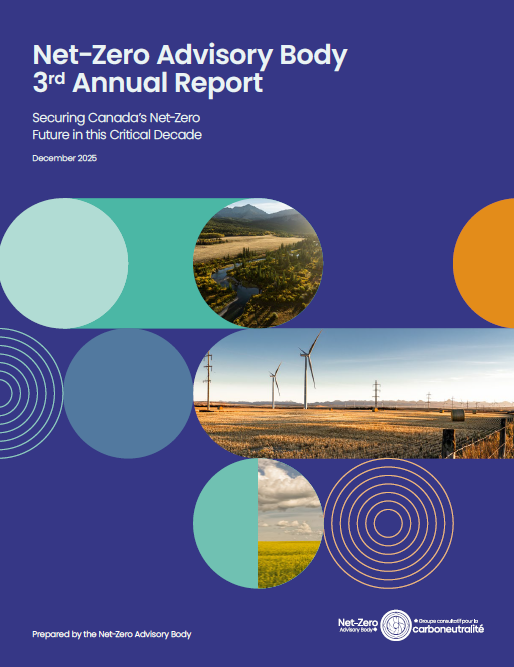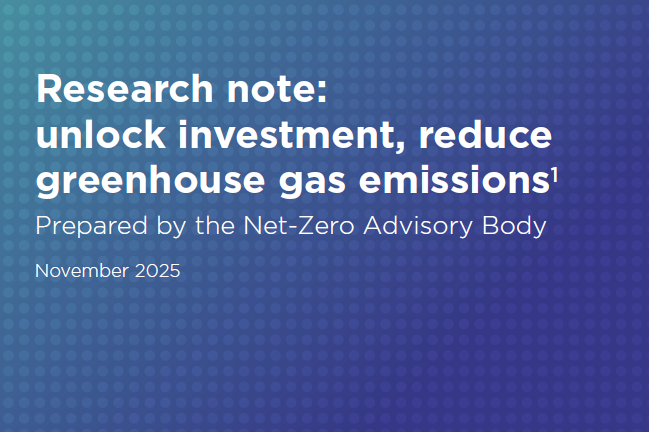Publications
Towards a Net Zero Future
We are pleased to share our publications, and welcome and encourage your thoughts on all our work. You can contact us at gcpc-nzab@ec.gc.ca

Compete and succeed in a net zero future
Concrete solutions that the Government of Canada should implement to ensure that Canada benefits from a carbon-neutral global economy, accelerates the achievement of a carbon-neutral economy and generates clean prosperity for generations to come.















